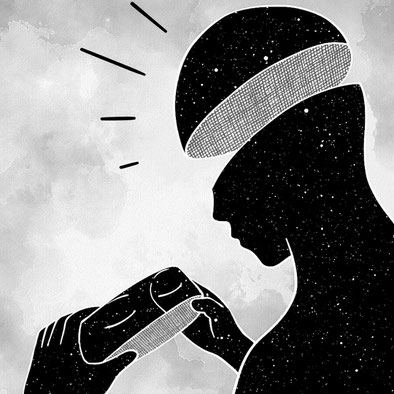What is embodied cognition in science education?

Embodied cognition is a growing field of research that suggests that our cognition is not solely confined to our brain but is distributed across our body and influenced by our interactions with the environment.
The study of embodied cognition builds on the assumption that we can improve our understanding of the mind by characterising the role of the body in cognition.
In science education, embodied cognition is an umbrella term for different embodied mechanisms that support or hinder the learning and understanding of scientific concepts. At the same time, science education provides an exciting proving ground for studying embodied theories of cognition.
Want to learn more?
The research article
What is the role of the body in science education? Together with colleagues in Sweden and Norway, I wrote a paper in which we provide a comprehensive overview of embodied cognition perspectives in science education.






Write a comment